
The real reasons your limbs twitch at night
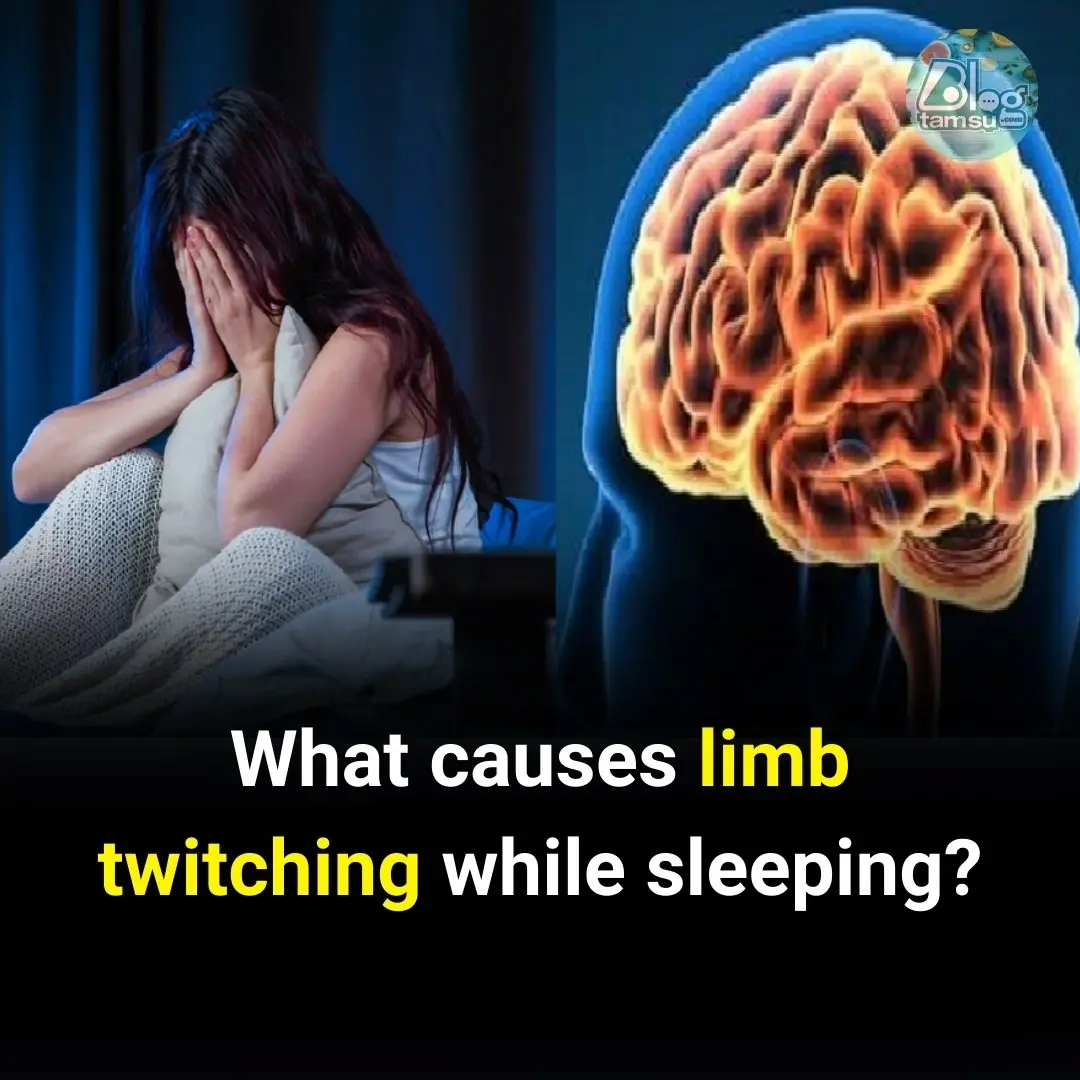
Some sleep disorders, medical conditions, and other factors can lead to limb twitching during sleep. If you experience this symptom frequently, you should see a doctor for advice and an accurate diagnosis of the underlying cause, so that it can be addressed promptly.
What is limb twitching during sleep?
Limb twitching during sleep is a sudden, involuntary muscle contraction that may occur randomly while sleeping. These twitches often affect specific muscle groups or individual muscles, and sometimes can spread throughout the body, typically during the transition from wakefulness to sleep or in the final stage of sleep. A common scenario is when you’ve just fallen asleep, your muscles suddenly jerk, giving you the sensation of falling or of your limbs “dropping.”
Limb twitching during sleep usually lasts only a short time, passes quickly, and is not serious. However, in some cases, the muscle contractions can be strong enough to startle you awake. If this happens frequently and reduces your sleep quality, it may be a sign of an underlying health problem.
What causes limb twitching during sleep?
Limb twitching during sleep often originates in the brain and may have several possible causes. One theory suggests this happens when the brain does not receive the correct signals that the body is preparing to sleep and mistakenly interprets the state as free falling. In response, the brain sends signals to contract muscles—often in the arms and legs—sometimes forcefully enough to wake you up. This is more common when the body is stressed or fatigued.
Another explanation links the symptom to a lack of muscle control in the arms and legs during sleep. While sleeping, blood flow to the muscles decreases, but the muscle nerves in the arms and legs remain active, potentially triggering small twitches. Although this is usually harmless and short-lived, if it occurs often and disrupts your sleep, it may indicate another medical issue.
In addition, limb twitching during sleep can occur in the following situations:
-
Restless legs syndrome: A neurological disorder that causes typical nighttime leg twitching, often reducing sleep quality.
-
Sleep disorders: Sleep disturbances caused by stress, exhaustion, neurological disease, or cardiovascular and respiratory conditions can lead to limb twitching during sleep.
-
Epilepsy: Patients with epilepsy may experience muscle twitches during sleep, especially at night or in the early morning.
-
Other possible causes include anemia, iron deficiency, or kidney failure.
Treatment for limb twitching during sleep
Most cases of limb twitching during sleep do not require specific medical treatment and can be managed by addressing contributing factors. This may include:
-
Reducing stress and anxiety: Practicing relaxation techniques, meditation, yoga, or exercise can help improve sleep.
-
Limiting stimulants: Avoid caffeine or other stimulants before bed, as they may increase twitching risk.
-
Improving sleep quality: Maintain good sleep hygiene by creating a comfortable sleep environment and ensuring adequate rest.
However, when twitching is due to an underlying health condition, timely medical treatment is necessary. Doctors may prescribe certain medications to help control the symptom, such as:
-
Clonazepam: Helps reduce muscle contractions, relaxes muscles, and alleviates tension; also acts as a sedative to improve sleep.
-
Sodium valproate: Can be used alone or in combination with clonazepam.
-
Phenytoin, barbiturates, or primidone: Often prescribed when neurological disorders are causing the twitching.
Treating the underlying disease: If limb twitching during sleep stems from a condition such as Alzheimer’s, Parkinson’s, epilepsy, or multiple sclerosis, doctors will prescribe targeted treatment for that specific disease.
When using these medications, it is essential to follow the prescribed dosage and duration exactly as instructed by your doctor, and never self-medicate long-term without medical supervision.
News in the same category

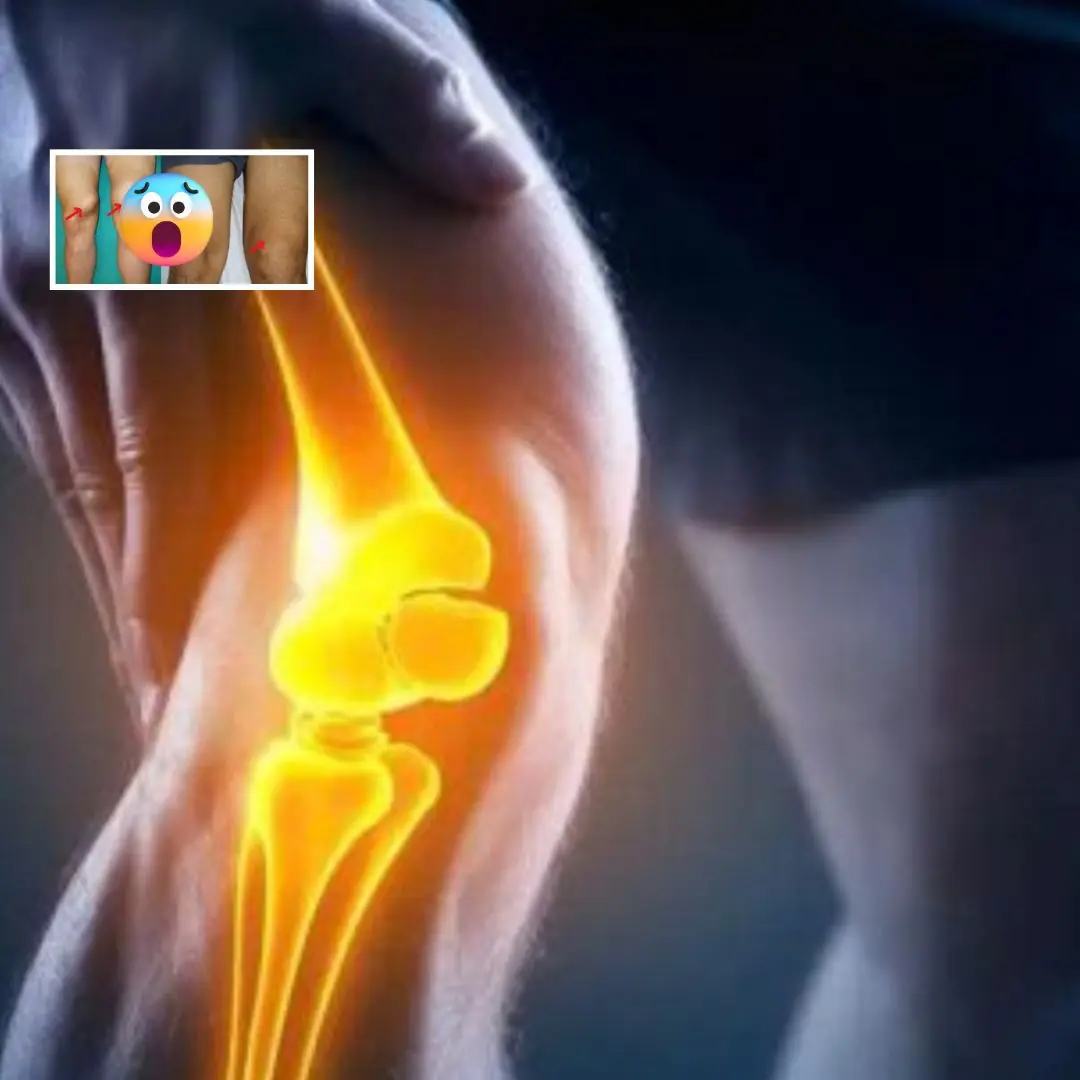
Doctor Warns: 5 Symptoms That Could Indicate Bone Cancer

7 foods to avoid in a colon cancer diet
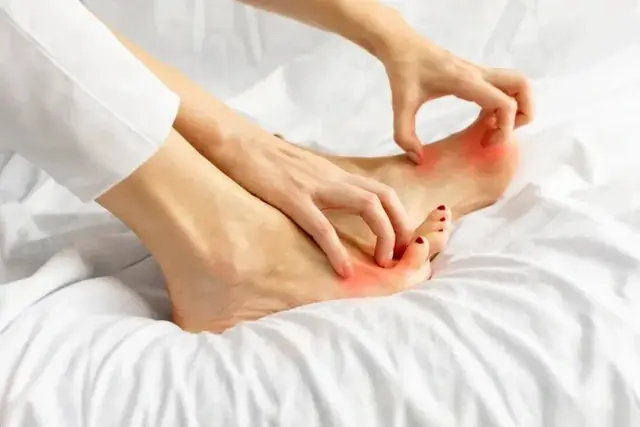
5 Early Clues Your Body Sends When Bile Du.ct Can.cer Is Taking Hold
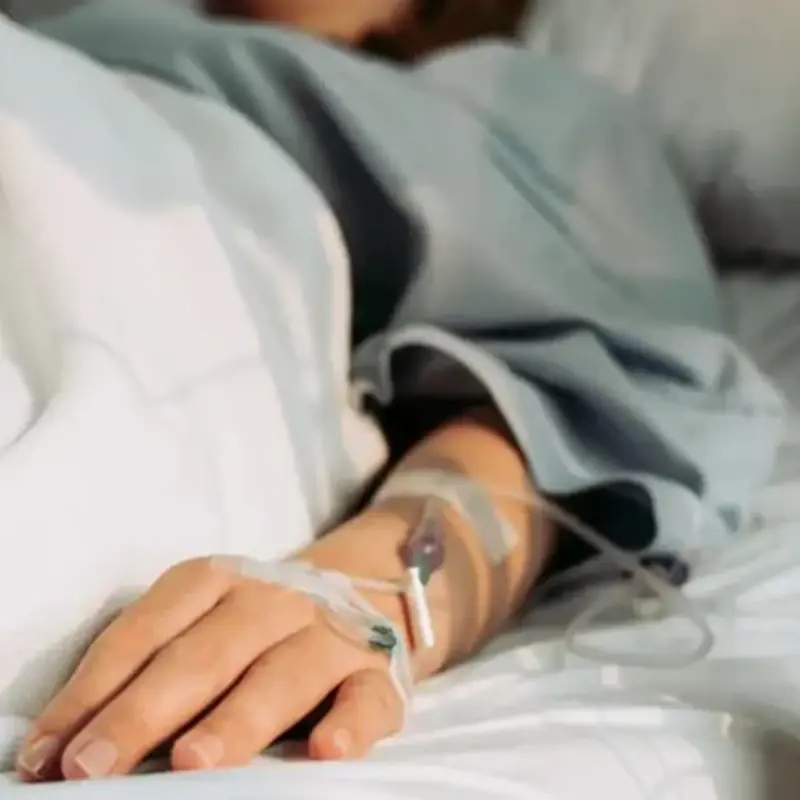
An 18-Year-Old Girl Suffered Severe Kid.ney Failure
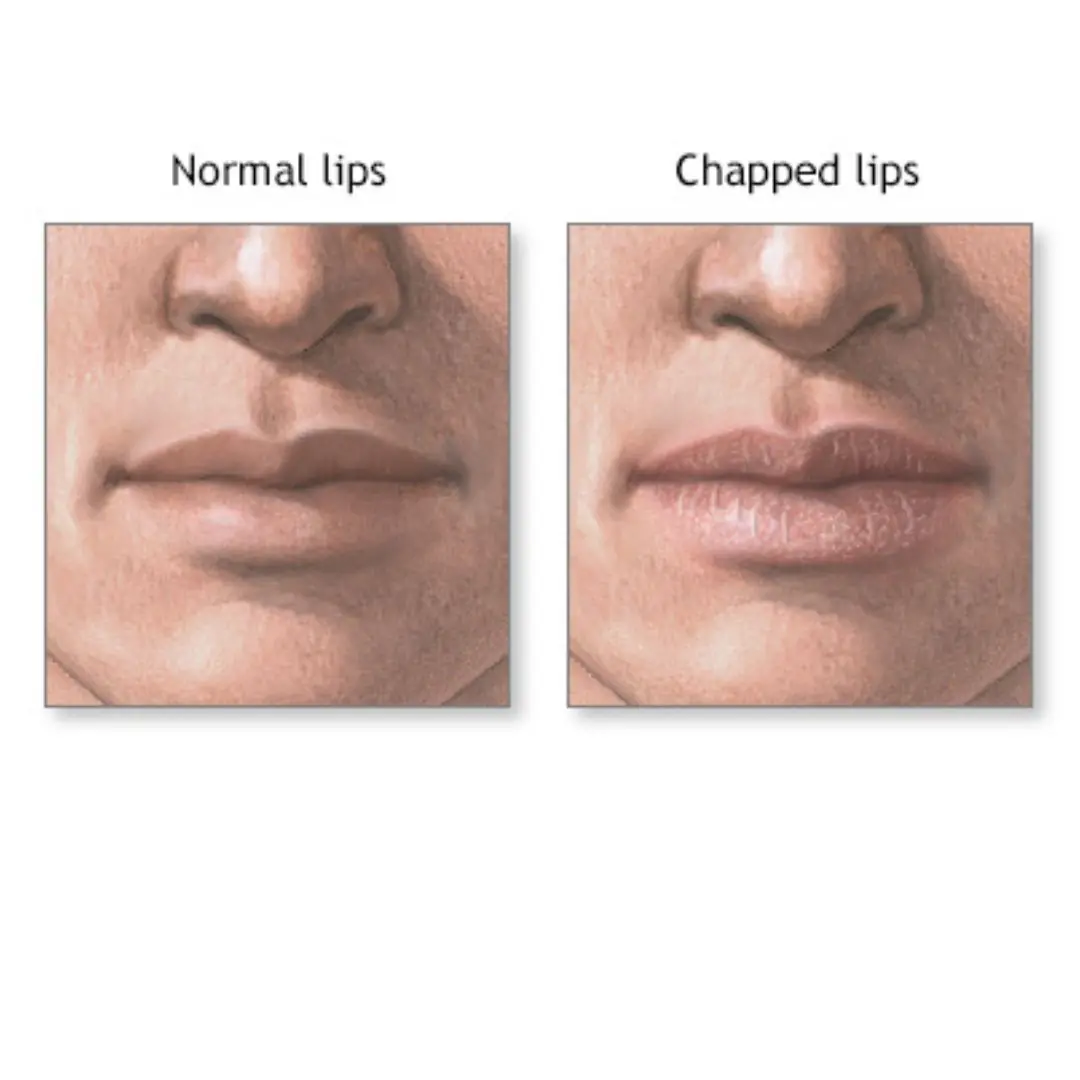
The 8 warning signs your lips reveal about your health – from herpes to liver disease
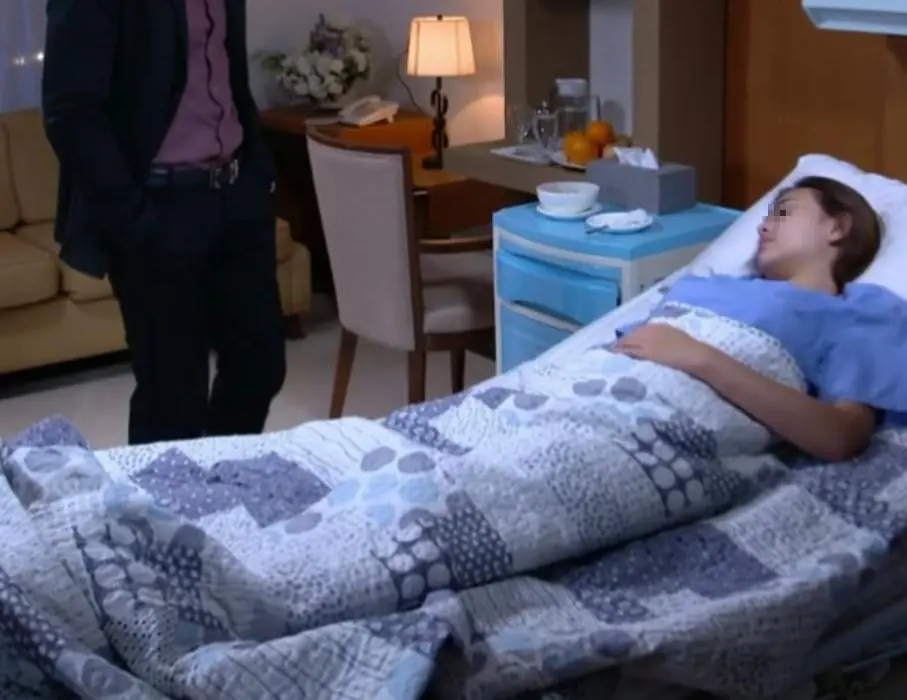
7 Warning Signs of a Type of Can.cer That’s Treatable but Can Still Make It Hard to Have Children
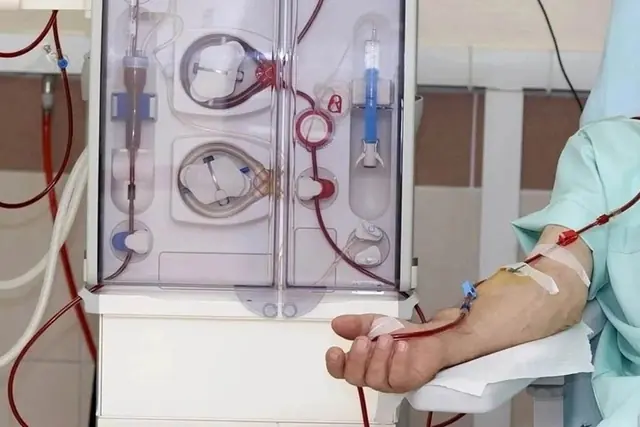
6 Types of People Who Should Never Eat Too Many Eggs

Experimental HIV vaccines show promise in early safety test

6 Types of People Who Should Avoid Eating Too Many Eggs
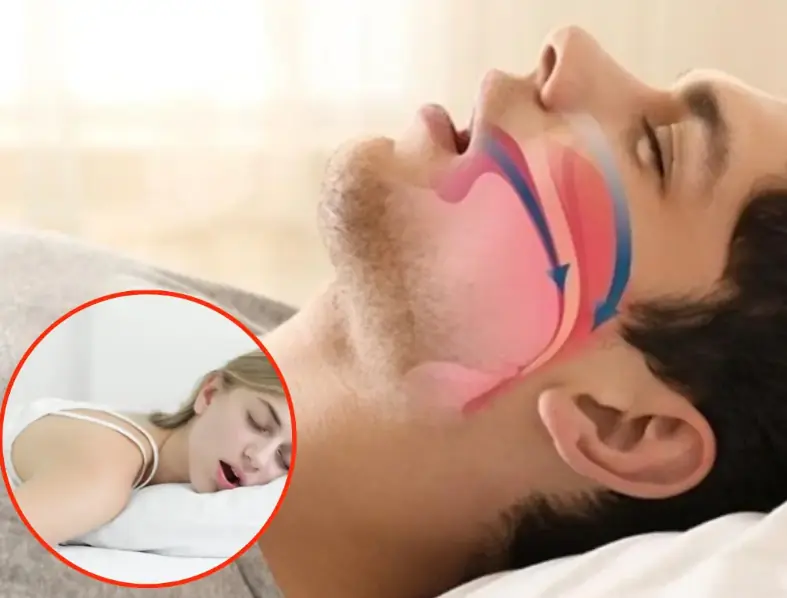
Check out these 6 health conditions when you drool while sleeping
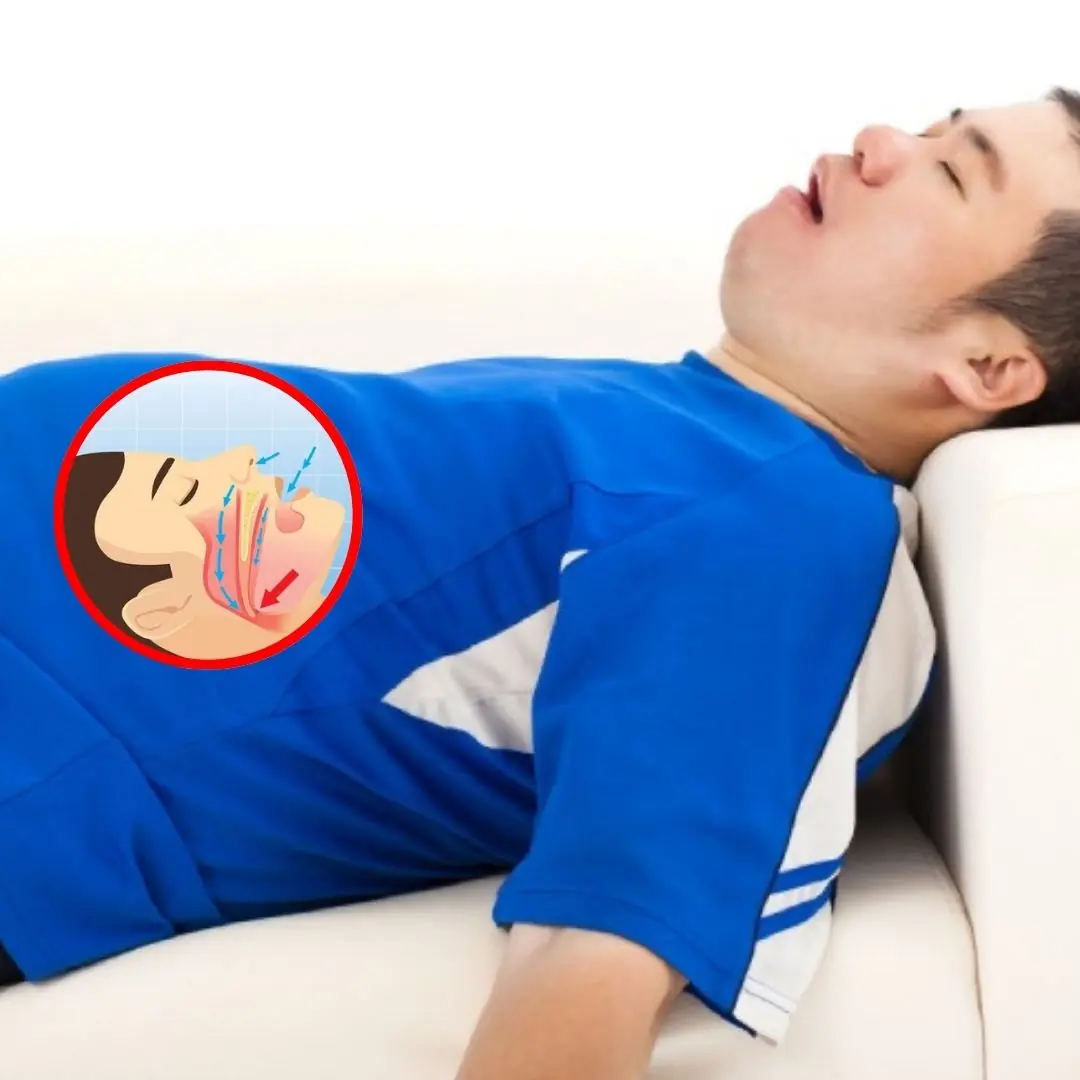
Snoring and 5 Surprising Indicators of Obstructive Sleep Apnea
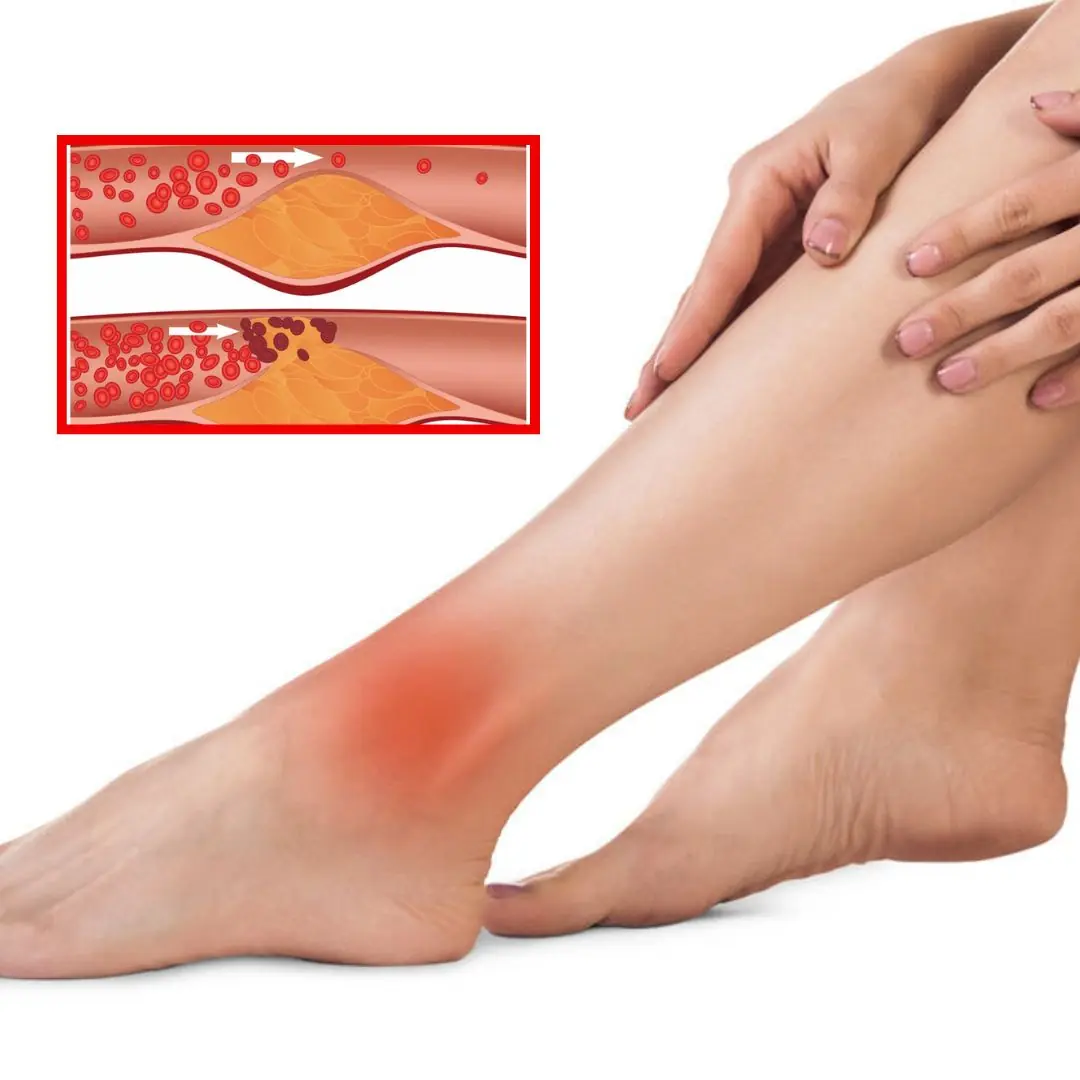
3 characteristics of the feet warn of blocked blood vessels
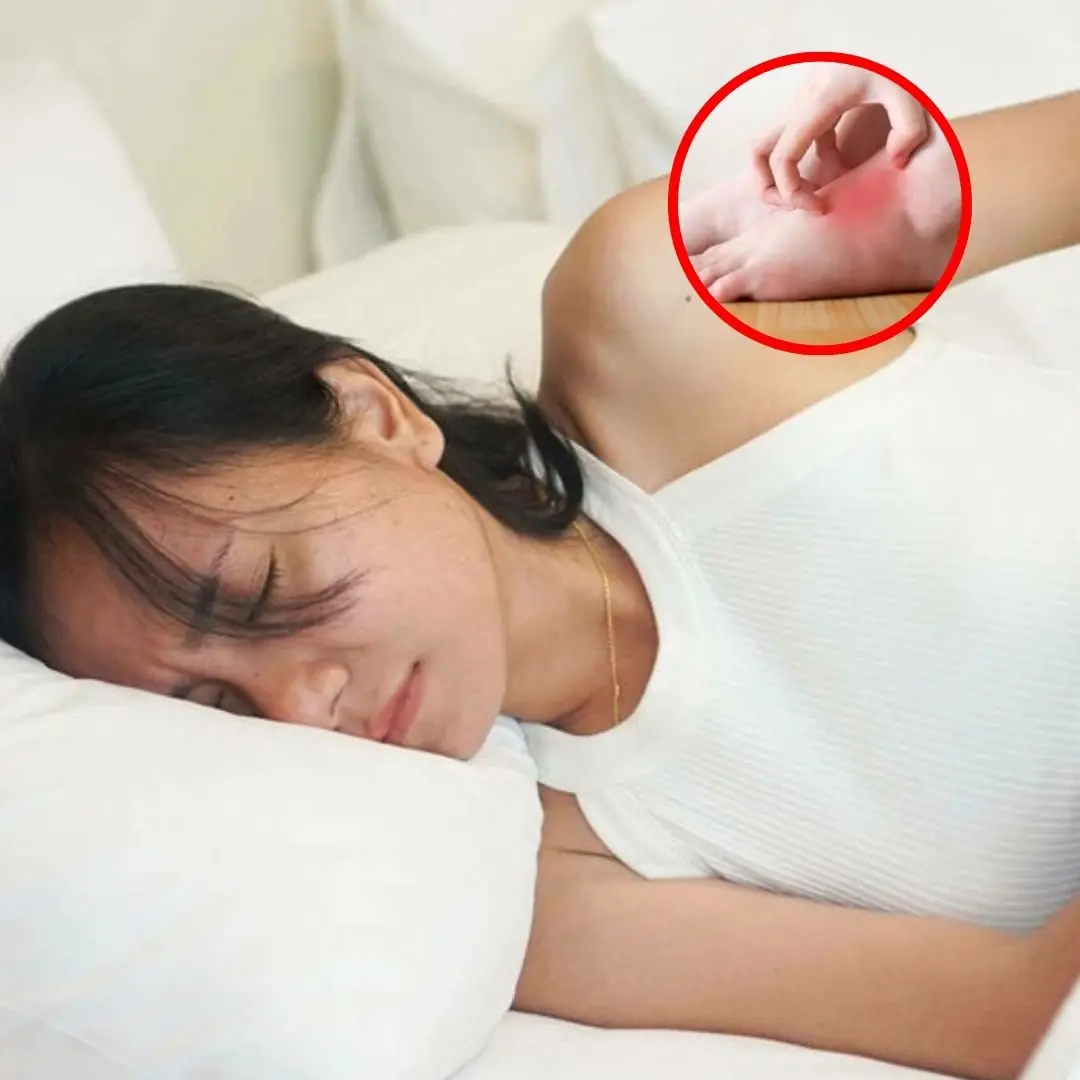
7 Morning Symptoms Your Body Might Be Using to Signal Hidden Diabetes

This is a simple vegetable but is so rich in vegetable protein that experts recommend using it instead of meat

Combine these foods with milk and you will get many unbelievable benefits

3 Selfish Husband Habits That Increase Their Wife’s Risk of Cer.vical Can.cer

Although chayote is a nutritious food, if you eat it this way, you can accidentally bring disease into your body and damage your health
News Post

Three Types of Vegetables with the Highest Pesticide Residues

No Matter How You Wash Clams, There’s Still Grit Inside?

What Is the Black Round Hole Next to the Camera on an iPhone For?

Doctor Warns: 5 Symptoms That Could Indicate Bone Cancer

7 foods to avoid in a colon cancer diet
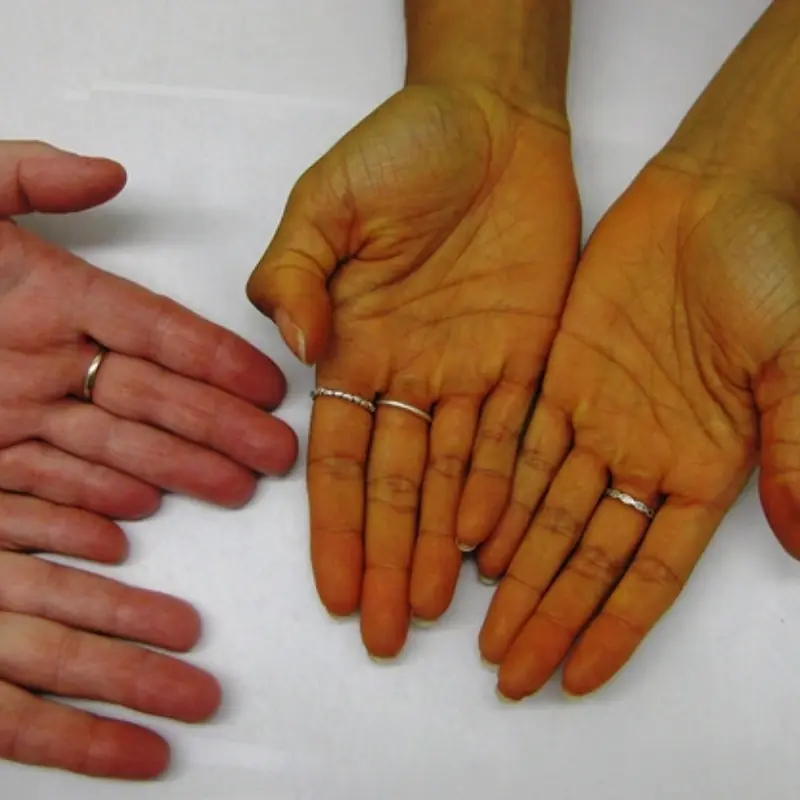
These Are the 5 Earliest Warning Signs Your Body Sends When Can.cer

5 Early Clues Your Body Sends When Bile Du.ct Can.cer Is Taking Hold

An 18-Year-Old Girl Suffered Severe Kid.ney Failure

5 Types of Pesticide-Free Vegetables as Nutritious as Ginseng

The Secret to Keeping Potatoes Fresh for 6 Months Thanks to a Surprising “Friend” in the Kitchen

The 8 warning signs your lips reveal about your health – from herpes to liver disease

7 Warning Signs of a Type of Can.cer That’s Treatable but Can Still Make It Hard to Have Children

6 Types of People Who Should Never Eat Too Many Eggs

Experimental HIV vaccines show promise in early safety test

4 “ki.ll.ers” that cause cancer right in your home

6 Types of People Who Should Avoid Eating Too Many Eggs

Check out these 6 health conditions when you drool while sleeping

Snoring and 5 Surprising Indicators of Obstructive Sleep Apnea
